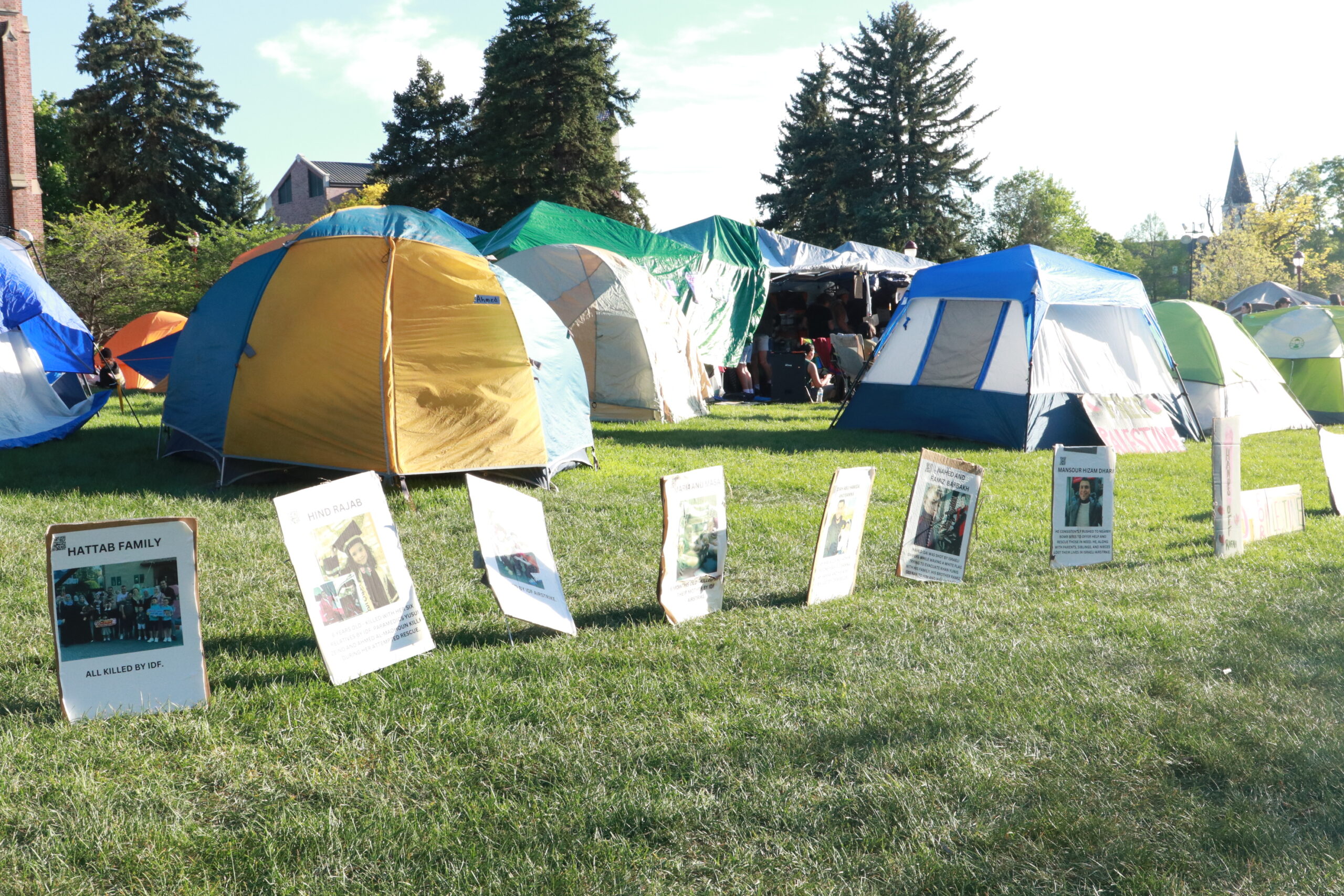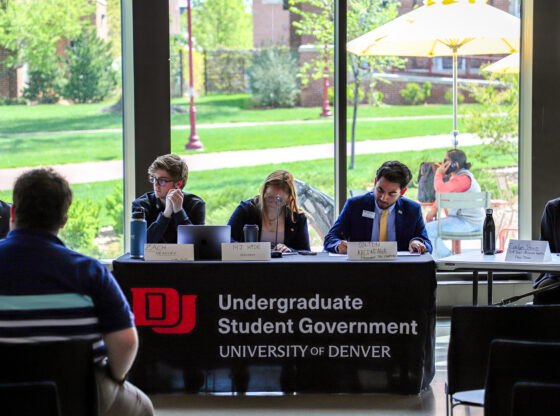Students applying to study abroad in 2013 will face a new format of application to make it easier to find and be admitted to the program that fits them best, according to Luc Beaudoin, directer of the Department for International Education.
“The format works in students’ favor because it clearly shows the academic integration of each of our programs and allows students to plan accordingly in order to best be able to meet their academic and personal goals while abroad,” said Beaudoin.
The new format, instituted at the beginning of this academic year, includes four categories of programs: foundational, language, specialized and exchange.
Foundational programs are typically relationships with other English-speaking universities, mostly in English-speaking countries. If students meet the minimum 2.5 GPA requirement (or whatever the host university requires), they are guaranteed admittance into a Foundational program. These programs are open to students studying most majors.
Language programs usually require students to take at least six credit hours of a language while abroad. Students also must complete the language requirement for their specific program prior to application for those programs involving languages taught at DU.
However, language programs also provide an opportunity for students to study a language not offered at DU. There is a required minimum GPA of 2.5 for these programs.
Specialized programs offer a more specific academic experience for those students involved. The minimum GPA for specialized programs ranges between 3.3 and 3.5, depending on the specific program. Interested students must also demonstrate an academic rationale for nomination to the program. Specialized programs also either require or prefer applicants to be studying specific majors and/or minors.
According to the study abroad Web page, all students interested in Foundational, Language and Specialized study abroad programs can only apply for one term, though it is sometimes possible to extend to a full year once the program has started.
Exchange programs last a full year. A current DU student switches places with a current student at the host university for that academic year. These programs offer a unique opportunity to not only allow DU students to be a part of the host university for a year, but for a student from that university to become a member of the DU community as well.
According to Beaudoin, his office has been discussing the changes for some time to ensure that they would benefit students. The office looked at results from returnee surveys, listened to input from faculty and students and looked at developments from partners abroad before determining the changes should be made.
“While we’ve been talking about how best to move our study abroad programs forward for a while, we wanted to make sure that we are doing things that are clear and help our students, so we didn’t want to rush into anything,” said Beaudoin.
Beaudoin said students should attend Study Abroad 101 sessions as well as one-on-one and country-specific advising sessions to learn about these changes and how they might affect their study abroad experience.











